|
If there’s a bigger jump to take than day hikes to overnight hikes, it would have to be jumping from overnight hikes to multi-day pack carry hikes. In my opinion, the mindset shift is without a doubt the biggest hurdle to overcome. Day hiking involves, as the name suggests, hiking a trail for a day with a small day pack carrying only what you absolutely need. Overnight hikes, for most, start off with driving to a campsite, finding a basecamp & pitching your tent, and then heading off somewhere for a day hike and returning to your campsite at days end. You’re going to eat mostly different food to what you might eat during a day hike, but you do have the safety net of having your car nearby. Furthermore, the biggest difference is that you’ll be sleeping in a tent. But, multi-day hikes are a different kettle of fish. With that in mind, this blog will go through how I believe you should plan for your first multi-day hike. Image Source: The Hiking Society Location! Location! Location! Now, it’s very easy to get caught up in the excitement of deciding to go on your first multi-day hike and opt for something that is a little too much for a first attempt. To make things easier on yourself, I’d recommend finding a trail that is, at the very least, well-marked and doesn’t involve any more than 10-15kms per day while you’re out there. Remember, you’ve got the added element of carrying everything you need on your back for the entire time you’re out there. Your first multi-day hike should very much be a learning experience and thus a reasonably easy trail to hike. Trust me when I say that carrying 10-15kgs on your back for up to 15kms per day can be overwhelming when you’ve only just started multi-day hiking. Food & Water As mentioned before, the biggest hurdle to overcome when entering the multi-day hike world is the change in mindset coming from day and overnight hikes. This is particularly evident when it comes to carrying food and water. For instance, let’s say you’re heading out for three days on the trail. At the very least you’ll need to carry three breakfasts, 2-3 lunches, two dinners and snacks for each day which could equal 700g-1 kgs of food per day. Once you start to include at least two litres of water per day (each litre weighs a kilo), it starts to add up. With regards to food, the key is to take food with you that is lightweight but full of calories so that it will keep you fuller for longer. For meals, options to consider are oats with powdered milk, wraps, Continental pasta with tuna, and dehydrated or freeze dried meals. For snacks, options include scroggin/GORP, peanut M&Ms, Snickers, and dehydrated fruit just to name a few. Image Source: The Hiking Society Now drinking water can be a little trickier if there are no running streams nearby, so you would need to ration it accordingly. Also, keep in mind that if you’re keen on hot meals on the trail, you are going to need to use some of that water for cooking as well. If there is a known stream where you are going, you can take water from there and boil it for drinking or cooking water. Alternatively, there are a number of useful filtering systems and items available that you could use to ensure you are drinking water that is…well…drinkable! These include filters, tablets, Steripens, UV lights and many more. Finally, and I believe this is absolutely important to remember when it comes to food and water on a multi-day hike – you will be eating and drinking the kilos off your back after each day. So, whilst a total of three kilos of food for a three day multi-day hike might seem like a lot, you’ll be losing a kilo of food from your backpack and thus it becomes lighter the longer you hike. Again, it’s all mindset game. Gear Straight away you’ll be carrying more gear than you’ve probably ever had to carry with the non-negotiables being your tent, sleeping bag, sleeping mat and, obviously, your larger backpack. It’s my belief that your first pack carry hike will be the best hiking experience you’ll ever have within the context of learning. Using the three day multi-day hike example again, there’s every chance you might end up packing 15+ kilos into your backpack. While that is probably a bit too much (you could get away with 10-12kgs and still be incredibly comfortable), it’s all about learning what you do and don’t need. And the best way to find that out is by taking that extra jumper or pair of socks with you because when you get back you’ll realise that you didn’t wear them or they just got in the way of more useful pieces of gear. Eventually, as you do more pack carry hikes and your confidence grows, you’ll reduce your pack weight for a three day hike from 15+ to that 10-12kg marker – or even lighter! Training As this is your first multi-day hike, and chances are it’s either going to be overnight or no more than three days to begin with, you might consider training your body to get used to what you’ll eventually be doing. In saying that, if it is only three days, you might not bother with any physical training at all. However, in the event that you do, I believe that the best way to get yourself ready is to try and replicate what you’re going to do. And the best example of that is to carry a full pack around with you on any hikes you might do in the lead up to your multi-day hike. Now, you’re probably thinking “oh cool so I’ll chuck some bags of rice or some heavy books in there to replicate the weight.” Incorrect. Or at least it is to me. If you’re going to replicate hiking trails with a full pack on, you need to replicate the gear you’ll be carrying too. It’s also a great opportunity to learn how to pack a backpack to ensure you’re as comfortable as possible. And there you have it, folks! This is very much a foundational look at things you need to consider as you prepare yourself for your very first multi-day hike. To sum up, remember the following:
Comments are closed.
|
AuthorRowan is a personal trainer who specialises in training for hiking, trekkers and mountaineers for their bucket list adventures. Archives
July 2024
Categories
All
|
AboutSummit Strength is a personal training for hiking service created specifically to help hikers have the best chance of a safe, enjoyable and successful adventure.
|
Company |
Services |
|
|
© COPYRIGHT 2018. ALL RIGHTS RESERVED.
|
Website Design by My Personal Trainer Website
|

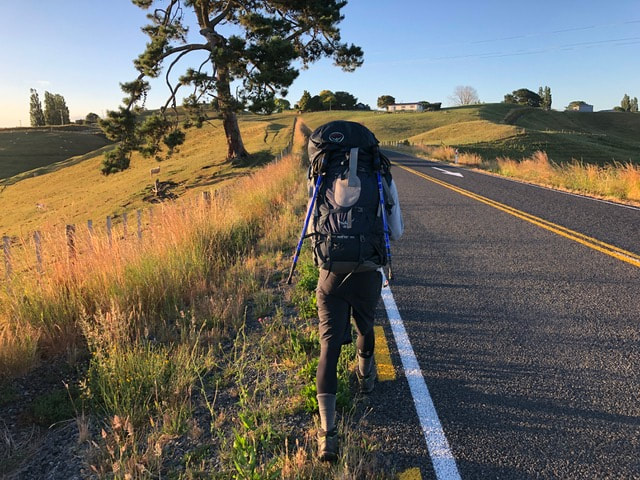
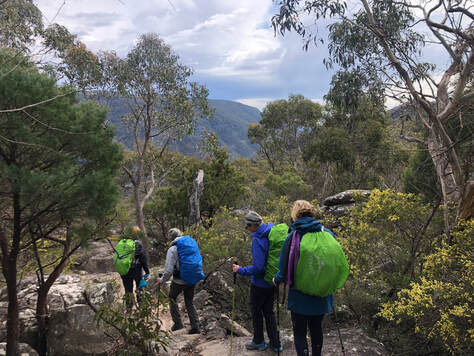
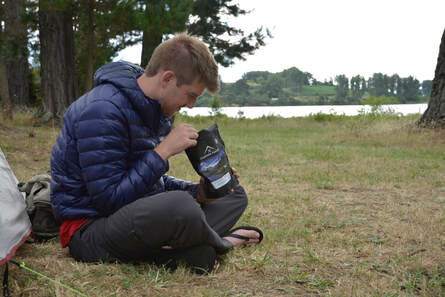
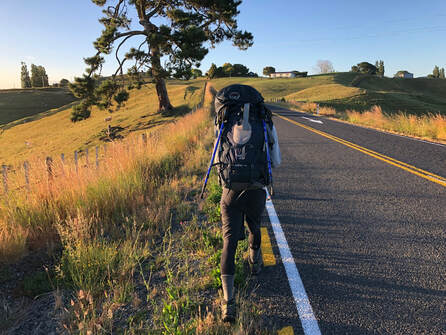
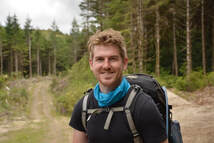
 RSS Feed
RSS Feed
